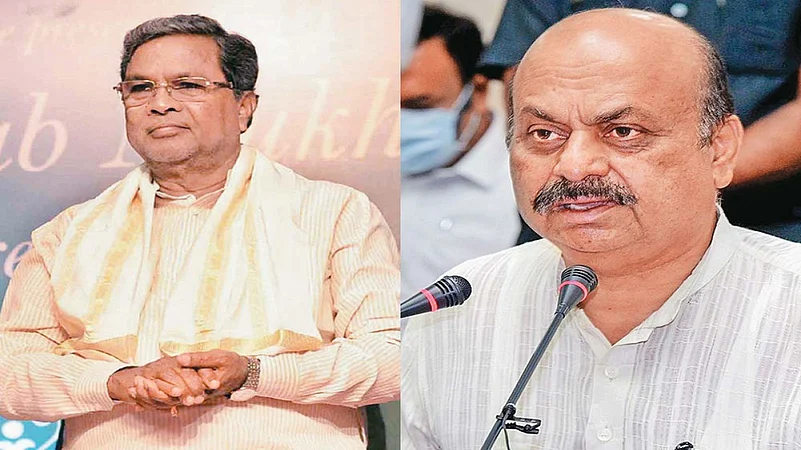Six years ago, the Karnataka Backward Classes Commission carried out a socio-educational and economic survey, the first time in decades that a ‘caste census’ was attempted. The report has been in cold storage all these years, though it has been a matter of frequent political discussion. In recent weeks, pressure to make the report and its findings public has been building up. Among those pressing the Karnataka government was Congress leader Siddaramaiah who had ordered the survey in 2014 when he was CM. “Why is the BJP hesitating to accept the report?” he asked in a Twitter thread last week. The government’s position, as social welfare minister Kota Shrinivas Poojari told reporters, is that the report is still with the backward classes commission and a final decision would be taken once it is submitted. Several petitions relating to the matter are with the Karnataka High Court.
“Since 1931, there has been no real (caste) census, but reports on backward castes have all relied on numbers extrapolated since then,” says political commentator Narendar Pani. Adds C.S. Dwarakanath, former chairman of the Karnataka Backward Classes Commission, “If we get the existing report, we can know the data, and then we can decide. Every community can understand where they stand. It will be critical to any revision of the caste lists.”
There has been a churn in the state’s social landscape with demands from several communities for more representation in the reservation quota. Early this year, the Panchamsali community—a subgroup of Lingayats—stepped up their demand to be included in the 2A category, which accounts for 15 per cent reservation out of the total 28 per cent for backward classes. This set off separate demands from various other caste groups. Dwarakanath contends these demands are being made when even those backward groups that already find a place in categories 1 and 2A aren’t getting their due. There are a total of 197 communities listed in these two categories, he says, but “only a few communities have taken all the benefits”.
Any move on the caste census is fraught with political implications, analysts point out. Some of the findings had ‘leaked’ out in 2016, much to the ire of bigger communities such as Lingayats and Vokkaligas as the ‘leaked’ figures had pegged their population much lower than what was generally believed. The backward classes commission had, at the time, dismissed those figures as untrue, saying it did not yet have the final figures. “Even when Siddaramaiah was CM, there was a huge amount of resistance to his making it public,” says Pani.
In fact, political observers suspect that Siddaramaiah, whose political platform comprises minorities, backward classes and Dalits (known by the Kannada acronym AHINDA), had dithered from pushing forward with the report because of the political implications of antagonising the bigger communities. Siddaramaiah, in turn, has accused BJP leaders, who had earlier demanded that the report be accepted, of not pressing for it now. He also pointed fingers at JD(S) leader H.D. Kumaraswamy, who succeeded him as CM in 2018, and the latter responded by accusing Siddaramaiah of using the report for political interests.
The issue would be tricky for the Basavaraj Bommai-led BJP government as well to navigate, more so because state elections are not too far away, political observers reckon. Asked about the caste survey earlier this week, CM Bommai told reporters that the matter was before the court as well as the backward classes commission, and that the government was examining the issue. Meanwhile, it appears that the Opposition is gearing up to step up the pressure.
(This appeared in the print edition as "Curious Case of Caste Census")
By Ajay Sukumaran in Bangalore


























